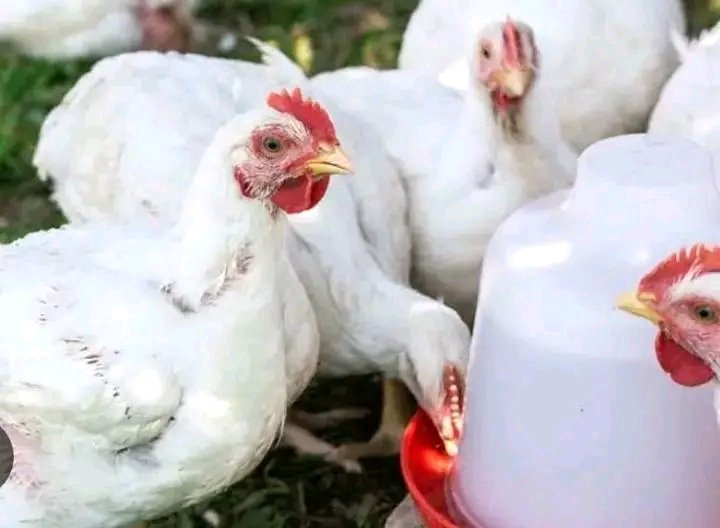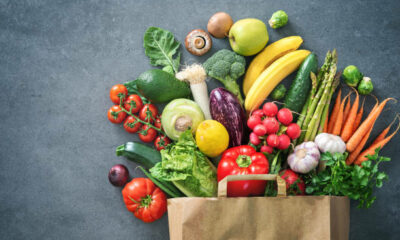News
How the Resumption of Brazilian MDM Imports Shapes South Africa’s Food Security Crisis

South Africa’s food security took a hard knock this year when a bird flu outbreak in Brazil led to an eight-week ban on poultry imports, especially mechanically deboned meat (MDM), a crucial ingredient in popular and affordable processed meats like polony, viennas, and sausages.
On July 8, the Department of Agriculture announced the ban was lifted after Brazil was declared free of highly pathogenic avian influenza (HPAI). While this development offers hope, experts caution the road to recovery will be slow, with price hikes and shortages likely to linger well into the final quarter of 2025.
The Ban’s Big Bite: Why MDM Matters
MDM is the backbone of South Africa’s affordable processed meat market, vital for school feeding programmes and lower-income communities. Brazil dominates South Africa’s supply chain, accounting for over 95% of MDM imports in the last decade. When the ban hit on May 15, triggered by a single bird flu case in southern Brazil, 95% of South Africa’s MDM supply vanished almost overnight.
Georg Southey of Merlog Foods, a major chilled meat importer, described the ban as a “massive blow” to food security, with an estimated 100 million meals lost each week during the suspension. The ban’s ripple effects pushed MDM prices up by 140%, straining producers and forcing processors to consider factory shutdowns and layoffs.
Why the Delay and What’s Next?
Though the ban was lifted this week, supply chains won’t bounce back immediately. Southey warns shipments take over 28 days by sea, and restocking will take six to eight weeks after imports resume around mid-July. This means that until November, consumers should brace for higher prices on staples like polony and viennas.
The South African Meat Processors Association (SAMPA) echoed the urgency, confirming processors faced dire shortages and looming job losses. SAMPA Chair Gordon Nicoll highlighted the crisis, saying processors were “running out of MDM stock” and factories were at risk of closing.
The Need for Better Safeguards: Regionalisation and Contingency Planning
The crux of the problem lay in South Africa’s inability to accept a regionalised approach to bird flu outbreaks—a system where unaffected regions within a country can continue trade despite isolated infections elsewhere. Countries like the US have such protocols, allowing unaffected states to keep exporting.
Southey urged for a regionalisation protocol agreement between South Africa and Brazil to prevent future blanket bans over isolated incidents. This move would align with international animal health standards and provide much-needed resilience in South Africa’s food supply.
SAMPA and government officials have been working closely for years to develop stronger contingency plans. Nicoll praised the efforts of the Department of Agriculture’s unit led by Mr. Dipepeneneng Serage, but emphasized that policy certainty and clear protocols are essential to avoid repeating this crisis.
A Sector on Edge
South Africa’s domestic MDM production is negligible, meaning the country remains heavily reliant on imports for the processed meat industry, a sector that employs over 125,000 people.
The suspension exposed vulnerabilities in the supply chain, threatening livelihoods and feeding programmes that depend on affordable protein sources.
With imports restarting, industry leaders remain cautiously optimistic but stress that without robust frameworks in place, South Africa risks facing similar food security threats down the line.
What This Means for Consumers
For shoppers, the ban meant higher prices and less choice on everyday processed meats. While the lifting of restrictions signals relief ahead, the impact will linger for months.
As supply chains normalize, expect gradual price reductions and improved availability by late 2025. Until then, consumers may still feel the pinch at the butcher and supermarket aisles.
The MDM import ban was a stark reminder that food security in South Africa hinges on global supply chains and sound trade policies. The recent breakthrough with Brazil is welcome, but it’s clear the country must pursue smarter trade protocols and contingency planning to shield its food systems from future shocks.
In a world increasingly vulnerable to disease outbreaks and supply disruptions, South Africa’s path forward depends on building resilient, flexible food systems that can weather such storms, for the sake of millions of meals, jobs, and consumers nationwide.
{Source: IOL}
Follow Joburg ETC on Facebook, Twitter , TikTok and Instagram
For more News in Johannesburg, visit joburgetc.com



























